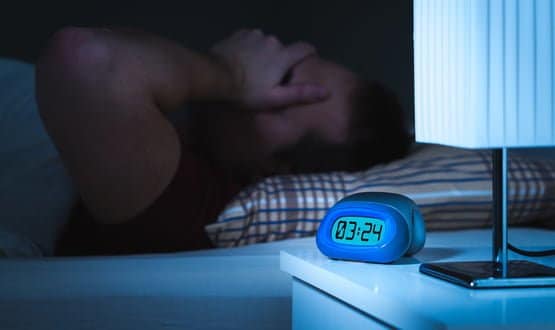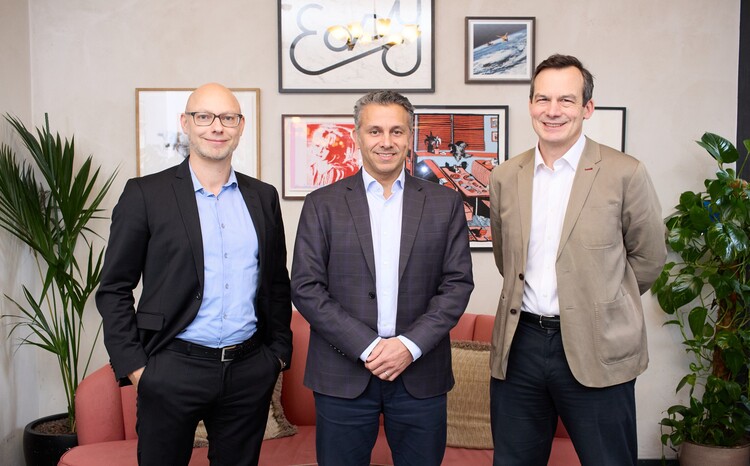NICE recommends insomnia app as an alternative to medication
- 27 May 2022

An app which uses cognitive behavioural therapy techniques to help people overcome insomnia has received recommendation from the National Institute for Health and Care Excellence (NICE).
Sleepio, from Big Health, uses an artificial intelligence (AI) algorithm to provide people with tailored therapy and provides a digital six-week self-help programme involving a sleep test, weekly interactive sessions with users encouraged to keep a diary about their sleeping patterns. Sleepio was rolled out in the south of England towards the end of 2018 and in 2019 was made available across London.
NICE is recommending that the Sleepio app is used as cost-effective alternative to prescribed medication after is Medical Technologies Advisory Committee evaluated the platform.
The committee concluded that Sleepio is more effective than conventional treatment options (sleep hygiene and medication) in reducing symptoms of insomnia in adults. This was demonstrated by an independent health economic evaluation of NHS services in the Thames Valley.
Jeanette Kusel, acting director for MedTech and digital at NICE, said: “Our guidance on Sleepio provides GPs and their patients with evidence-based recommendations on a digital treatment option for insomnia.
“Our rigorous, transparent and evidence-based analysis has found that Sleepio is cost saving for the NHS in primary care compared with sleeping pills and sleep hygeine. It will also reduce people with insomnia’s reliance on dependence forming drugs such as zolpidem and zopiclone.
“This is a good example of where a digital health technology can help the NHS. The evidence has shown using Sleepio reduces the number of GP appointments people with insomnia need and will also cut the number of prescriptions for sleeping pills delivered by pharmacists.”
Sleepio was developed by clinical psychologist and sleep expert Professor Colin Espie.
“We are delighted that Sleepio has become the first-ever digital therapeutic to receive NICE guidance after rigorous evaluation,” said Prof Espie.
“Digital therapeutics aren’t wellness apps; they are proper treatments backed by data and clinical evidence, fit for assessment by world-leading bodies like NICE.
“With the surge in demand for mental health support over the past two years, scalable and clinically-proven digital technologies simply must be part of the solution. Positive outcomes through NICE guidance are a significant step towards that goal, helping to reduce the NHS care backlog and provide safe, evidence-based, accessible support for everyone who needs it.”





